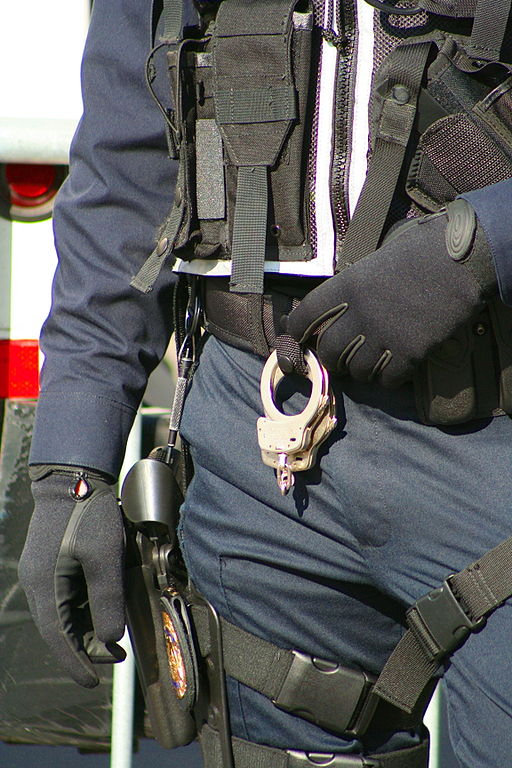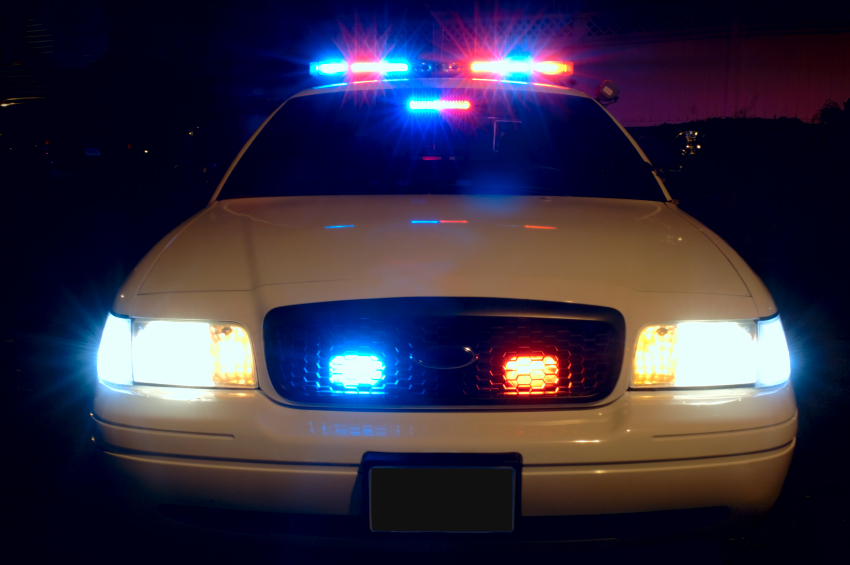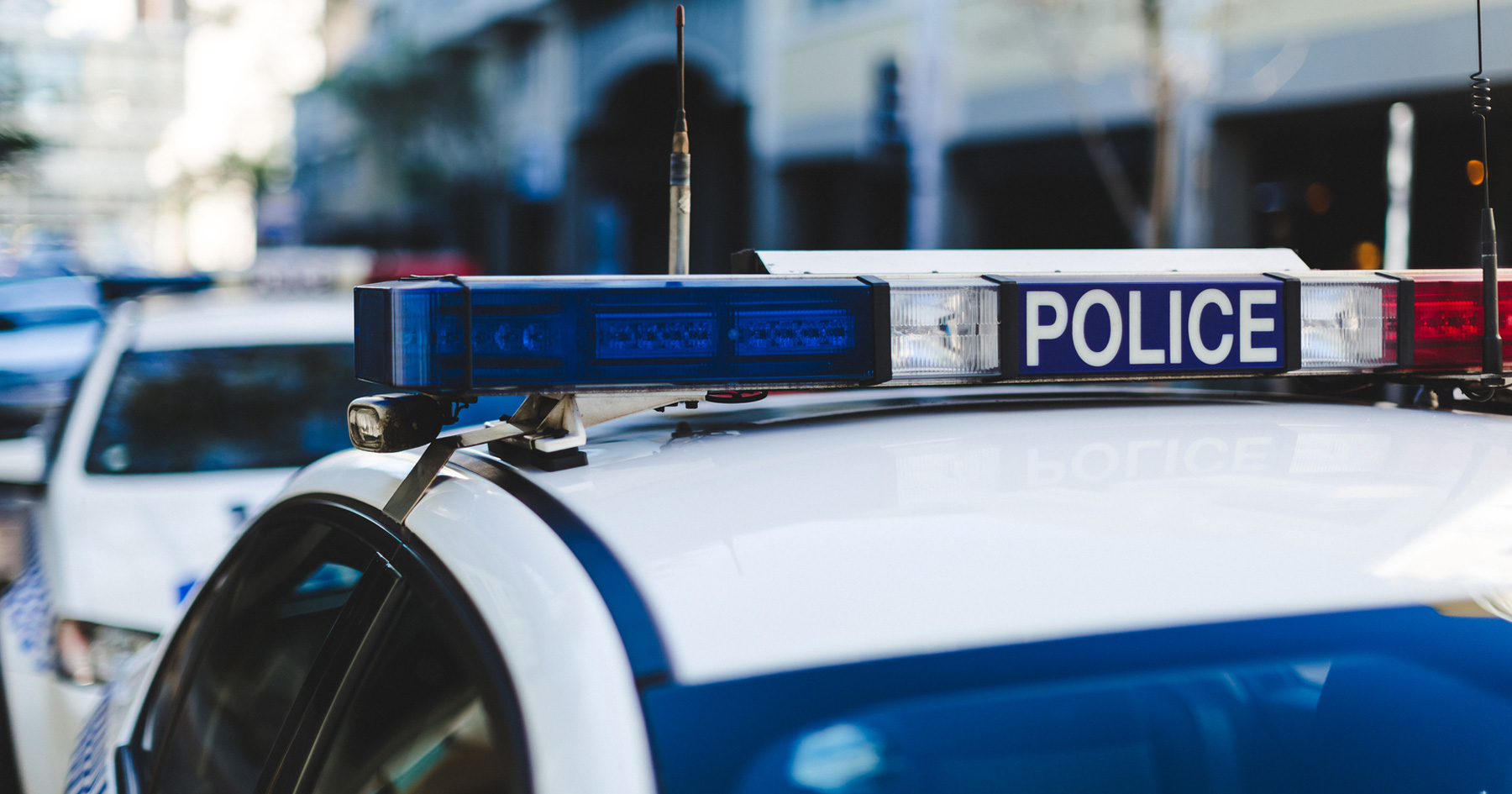Here's Why Mistrials Are So Common for Police Officers

By:
The murder trial of former North Charleston Officer Michael Slager, who shot and killed unarmed motorist Walter Scott, deadlocked on Monday, resulting in a mistrial. The decision in South Carolina reveals a trend in police shooting cases: when an officer is on trial it's much harder for the jury to reach a decision. The deadlock follows another recent high-profile mistrial for a former officer.
 AP Image/Rolf Kremming - apimages.com
AP Image/Rolf Kremming - apimages.com
In November, a judge declared a mistrial for a former University of Cincinnati police officer who shot and killed a man he pulled over. Five of the seven trials last year in police shooting cases resulted in a mistrial for the officer, according to an investigation by The Washington Post.
Overall, however, mistrials are relatively rare: they only happen in about 6 percent of jury trials for felony cases in state courts.
So why are mistrials more likely when a police officer is the defendant?
_0.jpg?auto=format&crop=faces&fit=crop&q=60&w=736&ixlib=js-1.1.0) Flickr/Tony Webster - flickr.com
Flickr/Tony Webster - flickr.com
ATTN: talked to two criminal justice experts about mistrials in police shootings, and they pointed to two potential problems: jurors still favor police officers, and prosecutors could have a conflict of interest.
The Jury.
 Wikimedia Commons/Elvert Barnes - wikimedia.org
Wikimedia Commons/Elvert Barnes - wikimedia.org
In the vast majority of state courts and in all federal courts, verdicts in criminal cases have to be unanimous, and that means that if only one juror doesn't agree with the others, there can be a mistrial.
Michael Avery, professor emeritus at Suffolk Law School and former president of the National Police Accountability Project, said that contrary to some comments by law enforcement in the media, the average American still trusts the police.
"If the average person thought the police could be capable of murder that would be a frightening thought for them," said Avery.
 Scott Davidson/Wikimedia - wikimedia.org
Scott Davidson/Wikimedia - wikimedia.org
The jury could also have a bias against the person who was killed by the officer.
"When the defendant is a cop you've got some prejudices operating in his favor," said Avery. "There also could be prejudices operating against the person who got shot if it's a racial thing, or some other characteristic society disapproves of."
The perceived character of the victim can play a critical part in a juror's decision, when a police officer is accused of wrong doing, according to University of Southern California law professor Jody Armour.
"If you understand how juries work, you know how much they look at the character of the defendant and also the character of the victim," he said. "If they discount the character of the victim, if they consider him some kind of 'bad Negro' rather than 'Dudley Do-right,' than he may not get much legal protection from them in the way of a verdict against an officer who uses a lot of force. Instead, they'll think 'he's a bad person, he kind of deserved it.'"
The Prosecutor.
_courtroom_1.JPG?auto=format&crop=faces&fit=crop&q=60&w=736&ixlib=js-1.1.0)
Another problem is that many prosecutors may have a potential conflict of interest with police officers. They are required to work with police officers on most of their cases, and elected prosecutors may need the support of a police union to hold office.
"Not only can police unions endorse prosecutors but they can vastly enhance their likelihood of success in the election," said Armour. "It carries weight with the general public."
 Stocksy/Mauro Grigollo - stocksy.com
Stocksy/Mauro Grigollo - stocksy.com
This could be problematic when it's time for a prosecutor to put a police officer on trial.
"Being a 'good trooper,' being someone that a law enforcement agency, would want to endorse, could mean not to be too overzealous in prosecuting a police officer from the police point of view," said Armour.
Avery said that a good solution is for an independent prosecutor to handle cases of police shootings.
"I am in favor of an independent prosecutor in these cases," he said. "The regular prosecutor has to work with the police all the time and he doesn't want the police to dislike him. He doesn't want to be thought of as a bad guy."
